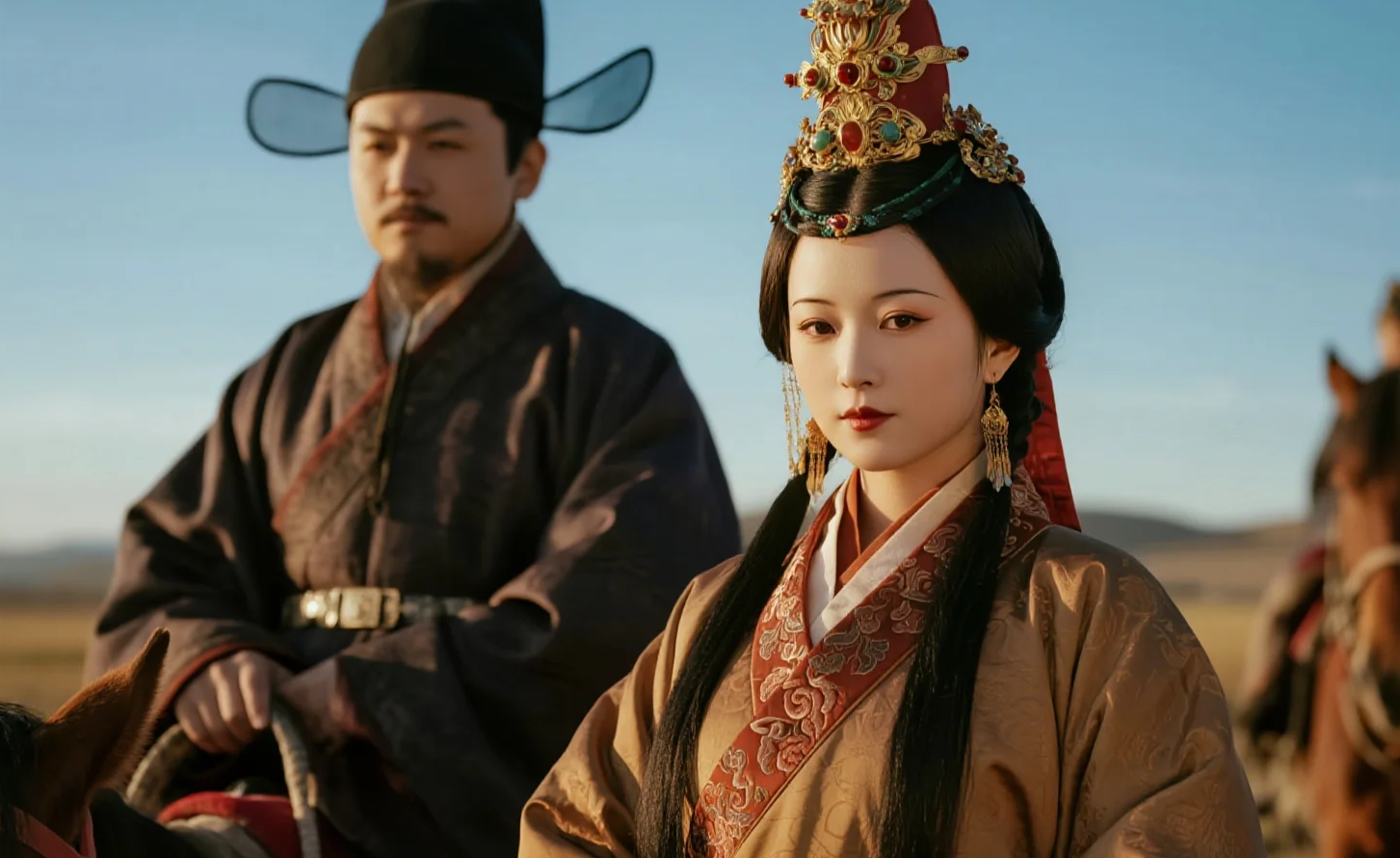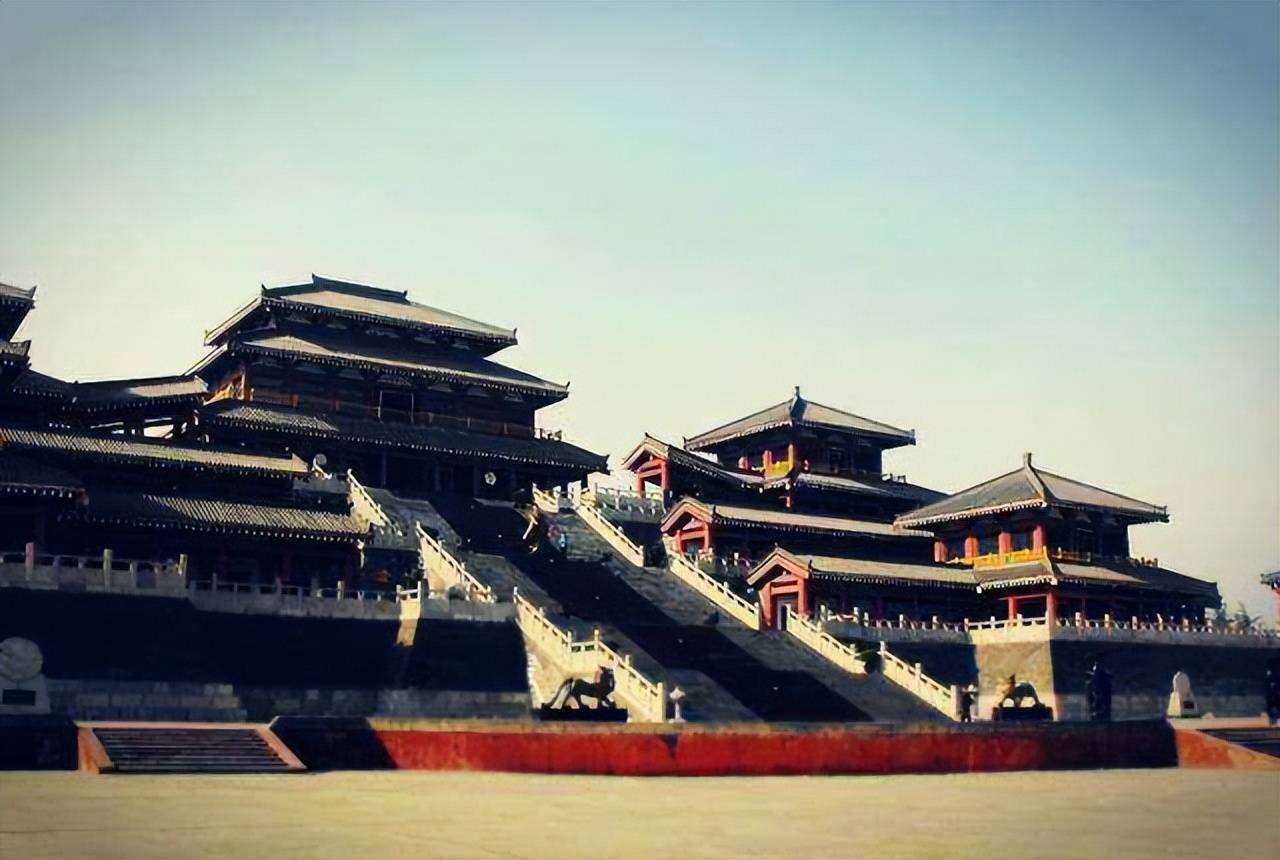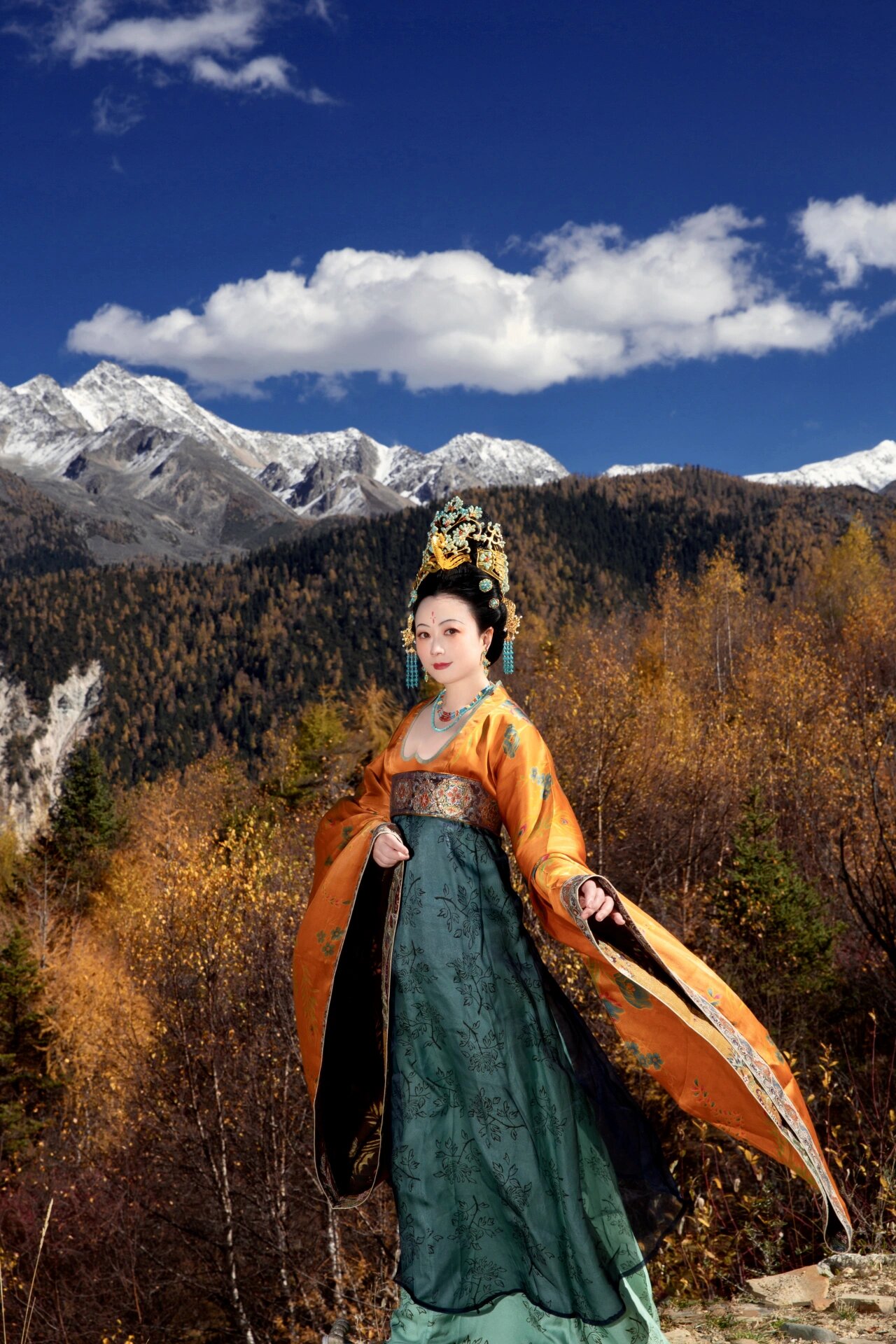The history encyclopedia editor has compiled the origin of “Ming Chengzu” to explain it in detail for everyone. Come and take a look.
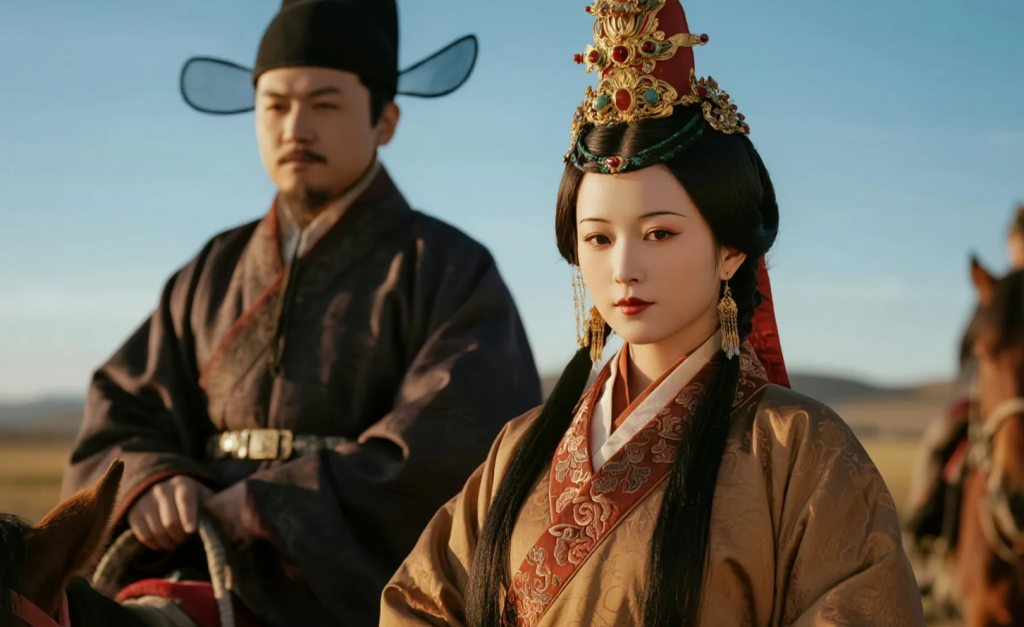
Friends familiar with Ming history know a phenomenon that in the year 276 of the Ming Dynasty, there were actually two emperors named “Zu”. This is completely against the rules in feudal dynasties known for their rituals and laws. It should be noted that not only is the temple name a summary of the emperor’s achievements during his lifetime, but the word “Zu” also means pioneering and leading. Besides the founding emperor (excluding the Qing Dynasty), who dares to use ancestral names in temple names?
But there are always surprises in history. In the great Ming Dynasty, besides the founding emperor Zhu Yuanzhang, who was called Ming Taizu, there was also Zhu Di. He was neither the founding emperor nor had outstanding achievements. It should be noted that Li Shimin, who had made great contributions to the founding of the country and created a prosperous era, was only known as “Taizong”. Why did Zhu Di dare to call him “Ming Chengzu”? This is also attributed to Zhu Di’s filial piety towards the Xuanxuan grandson – Emperor Jiajing!
Xiaozi Jiajing appears
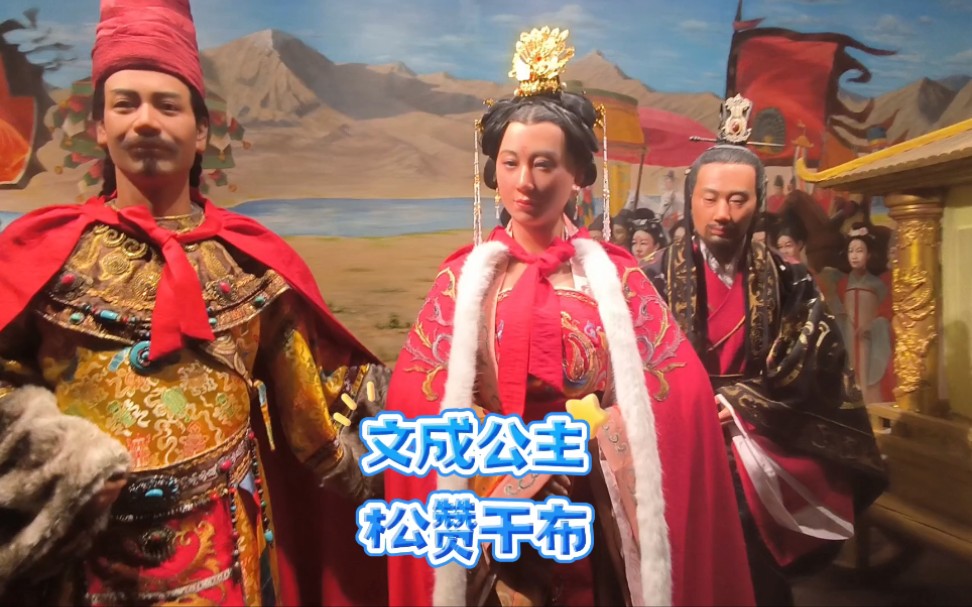
In a sense, Jiajing, like his ancestor Zhu Di, inherited the throne through his status as a feudal lord. The only difference is that Zhu Di’s kingdom was fought down with real knives and guns, while the throne of Jiajing was obtained from the sky. Isn’t this the case with Emperor Wu of Ming, Zhu Houzhao, who had no children? The throne naturally follows the principle of ‘the father dies, the son succeeds, and the elder brother ends with the younger brother’. As the cousin of Zhu Houzhao, Jiajing naturally had the closest relationship. With the recommendation of Yang Tinghe, he swaggered into Beijing and ascended to the throne, which was much simpler and more effortless than Zhu Di, a feudal lord, becoming emperor.
However, there is a question: under what identity will one inherit the throne? Adopt your uncle as a son? Or inherit directly as a feudal lord? For this identity issue, Jiajing fought against the officials of the Ming Dynasty alone and staged the famous “Great Etiquette” event, which lasted for several years of internal strife! We won’t go into too much detail here. Today, we will talk about how Emperor Jiajing demonstrated filial piety after his victory, as well as the event of Zhu Di’s temple name upgrade and Zhu Yuanzhang’s leveling as the “ancestor”.
When Emperor Jiajing was 13 years old, his father passed away, and he was left to manage all the affairs of the palace alone at a young age. At the age of 15, he was inexplicably carried into the Forbidden City to become emperor. I thought to myself, “I actually became an emperor. Shouldn’t my father, who gave birth to me and raised me, posthumously bestow upon him something, such as an emperor? Firstly, to show filial piety, and secondly, after posthumously conferring, my father will also become an emperor. This way, my throne will be taken over from my father, and it will be even more legitimate
Action is better than excitement. Emperor Jiajing and his courtiers advanced through mediation. After more than three years of hard work, I finally gave my father the title of Emperor Xian, and then changed the title of Emperor Xiaozong of Ming to ‘Huangbo Kao’, which means uncle. This means that Jiajing’s biological father is still dedicated to the emperor, not Ming Xiaozong.
Okay, you can change it if you want. You’re the emperor, whatever you say is what you want. Just as the ministers thought the matter of titles and titles was coming to an end, the “filial son” Jiajing still refused to give up.
Since my biological father is already an emperor, there is no honor in life, but there must be honor after death. In addition to burning paper money and offering sacrifices during festivals and holidays, there should also be more hospitality. The ultimate goal of Jiajing is to enter the Temple of Heaven!
The courtiers exploded and said, “Brother, can you take a break? Don’t mess around like this! It’s a bit unreasonable for someone who has never been an emperor to be posthumously honored as emperor. You still want him to enter the imperial temple now
Even if you are the emperor, you can’t just enter this temple if you want. The key is to follow the etiquette and laws!
a brainwave
According to the “Book of Rites: The System of Kings”:
There are seven temples for the emperor, three temples for the gods and three temples for the gods, and seven temples for the great (great) ancestors.
What does that mean? As an emperor, if you want to enter the Temple of Heaven, you can only place a total of seven plaques in the main hall (later increased to nine by Zhu Yuanzhang). Of course, if there are too many emperors to accommodate, then the rule of ‘if one is personally exhausted, then surrender’ must be adopted. Simply put, if the new emperor wants to enter the temple, he can move the emperor with the farthest relationship to the side hall, and then place the new emperor’s tablet in the main hall.
Firstly, when moving the card position, the “ancestor” in the phrase “eternal peace” must not be removed. That calculation can only start with Zhu Di, so Hu Jiajing started planning.
But how could Zhu Di move away? Fundamentally speaking, Jiajing was a lineage of Zhu Di. If Zhu Di were to move away, wouldn’t the imperial status of Jiajing be considered illegitimate! However, in principle, he must be removed (because Zhu Di began his rule after overthrowing Zhu Yunwen, and from a relationship perspective, he was farthest from Jiajing, especially since the temple name was Taizong at that time).
Okay, if that’s not possible, then change the name of Zhudi Temple and upgrade it to ‘Chengzu’. This time it’s also Zu La, accepting offerings together with Zhu Yuanzhang. Move the card of Emperor Renzong Zhu Gaochi, who only served as emperor for one year, that’s enough, isn’t it.
There are enough card positions, why bother with this?
At this point, everything seems to have gone smoothly, but after counting the emperors before the Jiajing reign of the Ming Dynasty: “Taizu, Chengzu, Renzong, Xuanzong, Yingzong, Xianzong, Xiaozong, and Wuzong”, there were a total of 8 (excluding Jianwen Emperor and Jingtai). That means the seats are not full yet, there is surplus. That is to say, there is no location issue for Jiajing’s father to enter. Why do we still need to change Zhu Di’s temple name and upgrade to Zu?
In fact, there is another problem that Jiajing’s biological father did not become an emperor, so according to the etiquette and laws, he could only build an additional ancestral temple for worship when entering the imperial temple. On the one hand, it appears that Jiajing lacks face, and on the other hand, it goes against the original intention of entering the Temple of Heaven – the legitimacy of the Jiajing throne (inherited from his father)! If we were to build an additional ancestral temple, wouldn’t that be equivalent to telling others that Jiajing’s biological father never became an emperor? Jiajing thought to himself, ‘No, we have to do the whole set of acting.’. After much contemplation, Jiajing finally found a solution: to restore the “Mingtang” system!
The so-called Mingtang system refers to the hall worship corresponding to the grand ceremony during which the emperor worships the heavens. When offering sacrifices to the heavens, the ancestral tablet of Zhu Yuanzhang is taken out, while the hall sacrifice is mainly focused on “those who rebuild the country” (Zhu Di should enjoy the hall sacrifice when he conquered the country). After the Tang and Song dynasties, it was the emperor’s own father’s tablet sacrifice. There is another contradiction: should Jiajing enshrine his father or conquer the land of Zhu Di during the temple ceremony? If it were Zhu Di, then Jiajing’s own father would have nowhere to go. If it were Jiajing’s own father, Zhu Di must be removed, and obviously Jiajing wouldn’t dare to do it either!
Jiajing’s biological father has never been an emperor, and he is neither an emperor nor a meritorious figure. Even if he were to be worshipped in the hall like this, he would feel embarrassed.
That leaves only one solution: upgrade Zhu Di to Ming Chengzu. Then Zhu Di, like Zhu Yuanzhang and Ming Taizu, brought it out during the ceremony of worshipping the heavens, which is called the suburban ceremony. My own father can rightfully become Emperor Ruizong and enjoy the Tang Festival. Zhu Di did not need to be disappointed because he did not enjoy the ceremony, and Jiajing could give his father a legitimate position, achieving the best of both worlds.
On the surface, Zhu Di appears to have been upgraded, but since ancient times, Empress Dowager must have been Emperor Taizong, inheriting the same lineage. Jiajing turned Zhu Di into Emperor Chengzu of Ming Dynasty, which means that Zhu Di has opened another line to become emperor. Jiajing once again exposed the scar of Zhu Di’s usurpation of the throne for the sake of his father’s memorial tablet. It is unknown how Zhu Di would view his own “promotion” if he knew about it?
